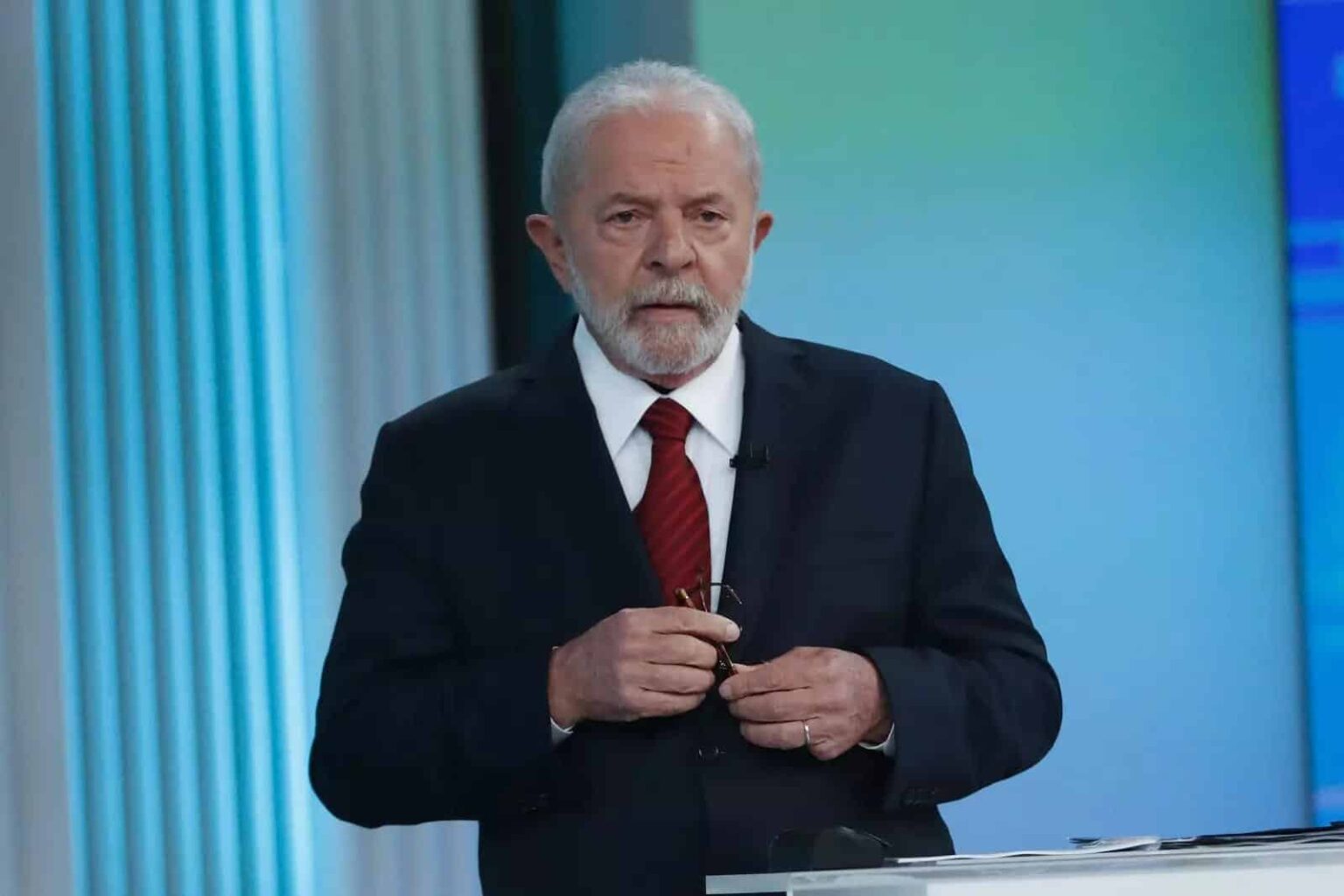Brazil’s Strategic Move in Response to U.S. Tariffs: A Call for BRICS Unity
In a significant step for Brazil’s foreign relations, President Luiz Inacio Lula da Silva has articulated a plan to engage with India and China as part of a collective BRICS response to rising U.S. tariffs. Lula emphasizes that direct negotiations with President Donald Trump are not only unwelcome but also perceived as humiliating for Brazil. This decision comes amidst escalating trade tensions, particularly after the U.S. imposed a substantial 25% tariff on Indian goods, prompting fears of broader trade repercussions for other nations, including Brazil.
Lula’s firm stance reflects his belief that direct dialogue with Trump is unlikely to yield positive results, which he describes as a "begging" approach for fair treatment. The Brazilian leadership intends to only re-engage when it feels conditions are ripe for a constructive conversation. Lula’s remarks highlight a broader sentiment within the BRICS nations concerning the need to stand together in response to what they perceive as unfair trade practices.
Despite the pressures from U.S. tariffs, the Brazilian government is opting against immediate retaliatory measures. Instead, Lula’s administration plans to implement internal economic strategies aimed at mitigating the impact of these tariffs on Brazil’s economy. This approach reflects a strategic pivot focused on domestic resilience, implying that economic independence should take precedence over knee-jerk reactions.
Key to Lula’s strategy is the upcoming dialogue with leaders from India and China—Prime Minister Narendra Modi and President Xi Jinping, respectively. The collaborative efforts under BRICS aim to formulate a united front against the U.S. tariffs. Lula believes that a collective response from emerging economies is substantially more effective than isolated actions. He criticized Trump’s linking of tariffs to pressures on Brazil’s judiciary, underlining the importance of maintaining the sovereignty of Brazil’s judicial system against foreign meddling.
In addition to addressing tariffs, Lula has pointed to a historical pattern of U.S. interference in Brazil’s affairs, recalling events such as the 1964 military coup. He warns that current U.S. actions represent an extension of previous interventions that have sought to manipulate Brazilian sovereignty. As part of strengthening national interests, Lula hinted at formulating a new strategy regarding Brazil’s mineral resources—shifting focus from exporting raw materials to fostering domestic industrial growth.
The looming specter of U.S. tariffs has also raised potential implications for the cryptocurrency market, particularly Bitcoin. Should tensions escalate into a full-blown trade war, the volatility in markets, including digital assets, could see heightened reactions. The historical patterns of price fluctuations in Bitcoin during trade spat times raise concerns that the ongoing economic climate may lead to further downward pressure on its value.
In summary, President Lula’s proactive engagement with BRICS partners India and China marks a pivotal shift in Brazil’s foreign policy approach amid rising U.S. tariffs. The strategy of internal resilience combined with international solidarity exemplifies a determined effort to safeguard Brazil’s national interests. The outcomes of these collaborations will not only affect trade relations with the U.S. but may also reverberate across global markets, including the cryptocurrency landscape. As nations navigate this complex terrain, the emphasis on unity among emerging economies could redefine the balance of power in international trade.


